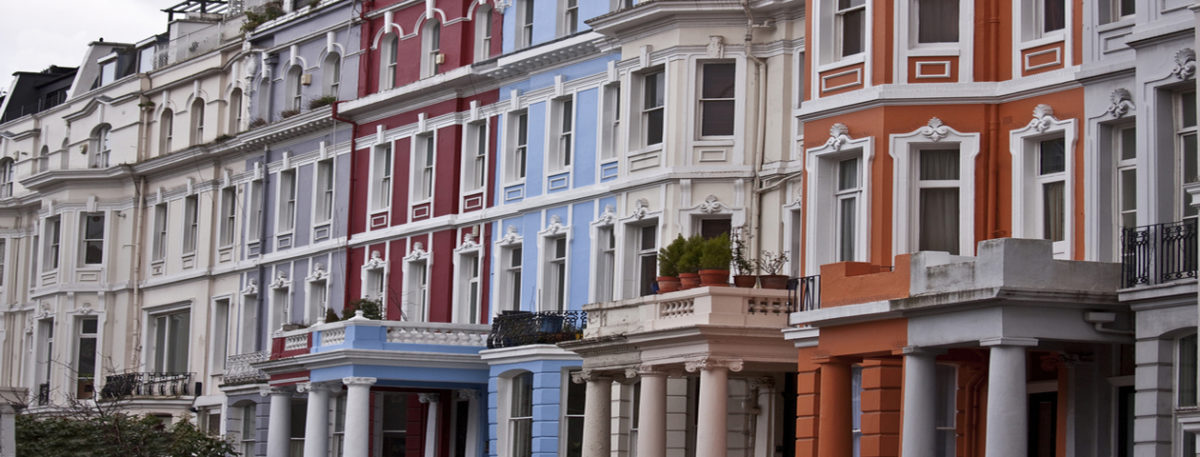Shadow Monetary Policy Committee votes six/three to hold Bank Rate in March
SUGGESTED

The IEA propose an alternative method of higher education funding

Liberalise planning laws to boost housing development

SMPC votes to keep rates on hold
Those favouring a hold included members arguing that there is no inflationary pressure and/or that the recovery is not sufficiently rapid that the economy needs or could tolerate rate rises. Others contended that with inflation so far below target, with the notional inflation target (misguidedly) expressed as it is, rate rises could not be considered compatible with that target. One member urged, vigorously, that there should be a band of short-term discretion set around the inflation target that constrains how far it is permitted to deviate from target in the short-term, set at a level that the Chancellor wants met and is prepared to enforce.
Those advocating raising rates have emphasised that the strategy of maintaining near-zero rates has been damaging to real economic growth, to productivity growth, to the pressure to achieve a sustainable fiscal position and to longer-term financial stability. Low monetary growth has been the result of excessively strict prudential and liquidity regulations imposed upon banks. Monetary policy-makers should not collaborate in such financial repression.
Notes to editors:
To arrange an interview about the report please contact Camilla Goodwin, Communications Officer: cgoodwin@iea.org.uk or 07821 971 443.
The complete minutes from the meeting can be downloaded here.
What is the SMPC?
The Shadow Monetary Policy Committee (SMPC) is a group of independent economists drawn from academia, the City and elsewhere, which meets physically once a quarter at the Institute for Economic Affairs (IEA) in Westminster, to discuss the state of the international and British economies, monitor the Bank of England’s interest rate decisions, and to make rate recommendations of its own. The inaugural meeting of the SMPC was held in July 1997, and the Committee has met regularly since then.
The mission of the Institute of Economic Affairs is to improve understanding of the fundamental institutions of a free society by analysing and expounding the role of markets in solving economic and social problems.
The IEA is a registered educational charity and independent of all political parties.



